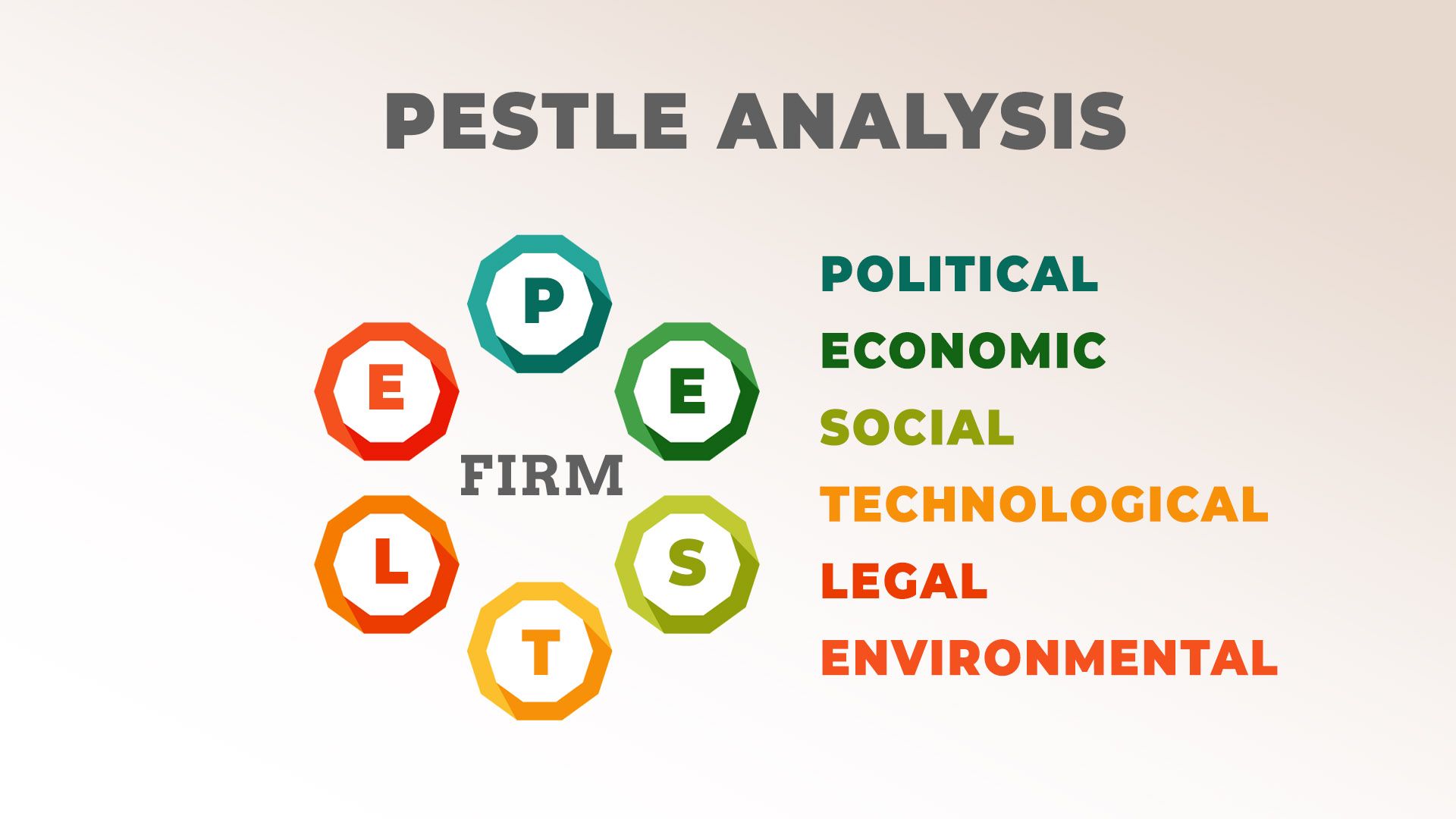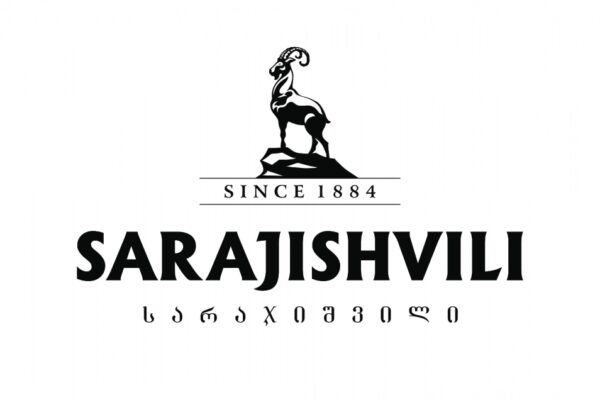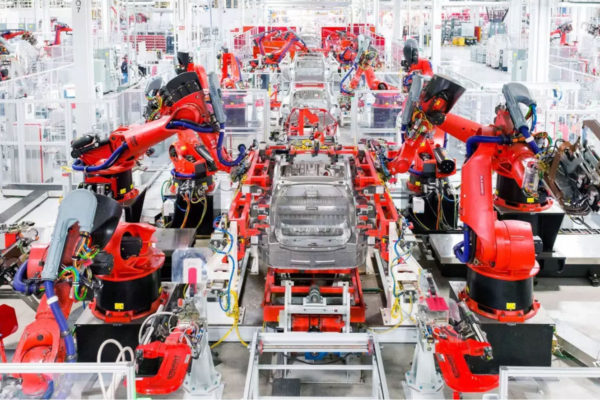
TESLA PESTLE ANALYSIS
Lizi Tchonkadze and Mariam Baghdoshvili, IBSU, Marketing
The PESTEL/PESTLE Analysis is a strategic management method that decides how the remote or macro-environment of the industry affects the business. Tesla’s case concerns the automotive industry’s remote or macro-environment, as well as the electricity generation and storage industries. Other determinants of the sector, such as consumers and community-based organizations, are affected by external factors in these industries. Tesla Inc.’s consumer base and market share, for example, are influenced by factors such as the cost-effectiveness of transportation technologies. By integrating the findings of its PESTEL/PESTLE research into strategic formulation, the company will boost its long-term performance while retaining a positive brand image and increasing profitability. The effectiveness of Tesla’s business is a reflection of how well the organization manages external factors in its industry. The remote or macro-environmental conditions change, forcing the organization to adapt its strategies accordingly.
- Political Factors Affecting Tesla’s Business
The government’s effect on businesses and their remote or macro-environment is identified in this section of Tesla Inc.’s PESTEL/PESTLE Study. Governmental bodies are one of the most powerful social forces influencing companies and sectors. Trade policies, for example, can restrict the success of an industry and a company’s revenues. The following political external factors are important to Tesla and the automotive and energy solutions industries in this external analysis case:
- Government subsidies for electric vehicles (opportunity)
- Fresh international trade agreements are being negotiated (opportunity)
- The majority of major markets have political stability (opportunity)
Tesla, Inc. has the potential to improve its financial results by taking advantage of government incentives. This external influence has a direct connection with the company’s operations and goods emitting as little carbon as possible. Furthermore, according to this PESTEL/PESTLE report, expanding free trade agreements create opportunities for the company to extend its activities globally. The remote or macro-environment, on the other hand, is favorable to Tesla’s generic competitive strategy and intensive growth strategies, which involve market penetration, due to the political stability of major markets.
- Economic factors
This section of Tesla Inc.’s PESTEL/PESTLE Analysis considers the impact of economic conditions on the remote or macro-environment. Market growth, trade levels, currencies, and other factors that affect the automotive industry are among these conditions. The growth rate of the solar energy industry, for example, defines the company’s solar panel business’s growth opportunities. The following economic external factors that affect the automotive industry must be addressed by Tesla:
- Reducing the cost of batteries (opportunity)
- Reducing the cost of renewable energy (opportunity)
- Concerns about economic stability (threat)
Lower battery costs boost Tesla’s business efficiency. This external consideration, for example, translates to the company’s electric car goods being affordable. Reduced renewable energy costs are also considered as an external factor that makes Tesla’s products more appealing in this PESTEL/PESTLE review. As green energy solutions become more common, the company improves. However, issues with economic stability, especially in Europe and Asia, pose a threat to the company’s financial results. Despite the danger of economic uncertainty in the remote or macro-environment of the automotive industry, this part of the PESTEL/PESTLE analysis of Tesla highlights significant opportunities for development.
- Social factors
Employees, clients, and investors all have an effect on a company’s remote or macro-environment due to social factors and developments. This segment of Tesla Inc.’s PESTEL/PESTLE Review considers how the organization aligns with social developments in its target markets. The company’s executives must ensure that policies are implemented to optimize the benefits of certain external variables to the company’s bottom line. The following are significant sociocultural external factors in Tesla’s business:
- The prevalence of low-carbon lifestyles is increasing (opportunity)
- The use of renewable energy is becoming more common (opportunity)
- Improving the distribution of capital in emerging markets (opportunity)
This business review examines growth prospects in the global automotive industry. Tesla Inc., for example, has growth potential thanks to the growing popularity of low-carbon lifestyles and a growing preference for renewable energy. These external factors, according to the PESTEL/PESTLE analysis system, increase consumer demand for the company’s electric vehicles and related goods. Furthermore, the growing wealth distribution in emerging markets provides Tesla with an opportunity to enhance its financial performance. The population of potential buyers of the company’s comparatively expensive cars grows as a result of this wealth distribution pattern.
- Technological factors
This section of the PESTEL/PESTLE Analysis determines how innovations affect the remote or macro-environment of the business. Tesla’s automotive and energy solutions businesses rely on available technologies to expand. The performance and cost-effectiveness of the company’s batteries, for example, are calculated by materials engineering technology. In Tesla, Inc.’s automotive sector, the following technological external factors are important:
- Rapid technical advances (opportunity & threat)
- Company automation is becoming more prevalent (opportunity)
- Online mobile systems are becoming increasingly common (opportunity)
In this market review, the rapid pace of technological change is both an opportunity and a challenge. The high rate provides an incentive for Tesla to develop the technology of its goods. The same external factor, on the other hand, poses a danger to the business in terms of the potential for rapid obsolescence of technology used in its products. Nonetheless, in this PESTEL/PESTLE analysis scenario, growing business automation is a development that generates opportunities. Tesla, for example, has room to expand by automating its business processes even further. Furthermore, the rising prevalence of online mobile systems could prompt the company to incorporate these systems into its vehicles more frequently.
- Ecological/environmental factors
The remote or macro-environment of the global business is subject to the effects of ecological conditions covered in this part of the PESTEL/PESTLE Analysis of Tesla, Inc. For example, ecological trends determine the availability of materials used in the company’s production processes. In this case, the following ecological external factors affect Tesla’s market:
- Climate change (opportunity)
- Expanding environmental programs (opportunity)
- Rising standards on waste disposal (opportunity)
Environmental influences are considered major forces on Tesla, Inc.’s industry environment in this PESTEL/PESTLE study. For example, based on concerns about climate change, expanding sustainability programs, and increasing waste disposal requirements, the company has opportunities to promote its electric vehicles. Electric cars, batteries, and solar panels produced by the company are thought to be ideal for directly addressing these external factors related to business sustainability and environmentally friendly goods. Based on the quality of Tesla’s goods, this portion of the PESTEL/PESTLE review indicates that the company has considerable growth potential.
- Legal factors
The effects of regulatory factors on the remote or macro-environment are calculated in this section of the PESTEL/PESTLE Analysis. Managerial decisions and company growth are influenced by laws and legal systems. Tesla’s marketing mix, or 4P, for example, is applied under legal restrictions. Legal restrictions also apply to the company’s human resource management and corporate relationships. Corporate strategies must consider the following legal external factors in the case of Tesla, Inc.:
- Increasing the scope of international patent rights (opportunity)
- Regulations on energy consumption (opportunity)
- In the United States, there is a sales law for dealerships (opportunity & threat)
Tesla has the potential to develop its company safely outside of the United States by considering extending international patent rights. In addition, based on energy use legislation that client organizations must obey, this PESTEL/PESTLE review identifies the potential to promote the company’s electric vehicles and energy solutions goods. In addition, the company has the potential to expand by direct sales, which is legal in many states in the United States. This external aspect, however, is a challenge, according to Tesla, Inc.’s SWOT Analysis, because other states do not allow direct sales and instead enable dealerships to transact with consumers in the automotive industry.
- Recommendations:
The profitability of Tesla, Inc. increases over time. This success can be attributed to Elon Musk’s leadership and popularity. In addition, the company is in a position to boost its operations in the global automotive industry by addressing the competitive environment identified in Tesla Inc.’s Porter’s Five Forces review. The business, on the other hand, must continue to evolve in order to account for the developments identified in this PESTEL/PESTLE review. All companies in the automotive, battery/energy storage, and energy generation industries are affected by these developments. As a result, the company must consider its financial position in comparison to other automakers and energy solution providers.
As this PESTEL/PESTLE review of Tesla Inc. demonstrates, the company has a number of opportunities for future development. Free trade agreements, for example, make it possible to develop globally. As a result, it is proposed that the organization extend its activities internationally. It is also suggested that the company increase its marketing aggressiveness in order to increase its market share, especially outside of the United States. Given Tesla’s limited sales operations in international markets, this move could minimize market-based risk.



